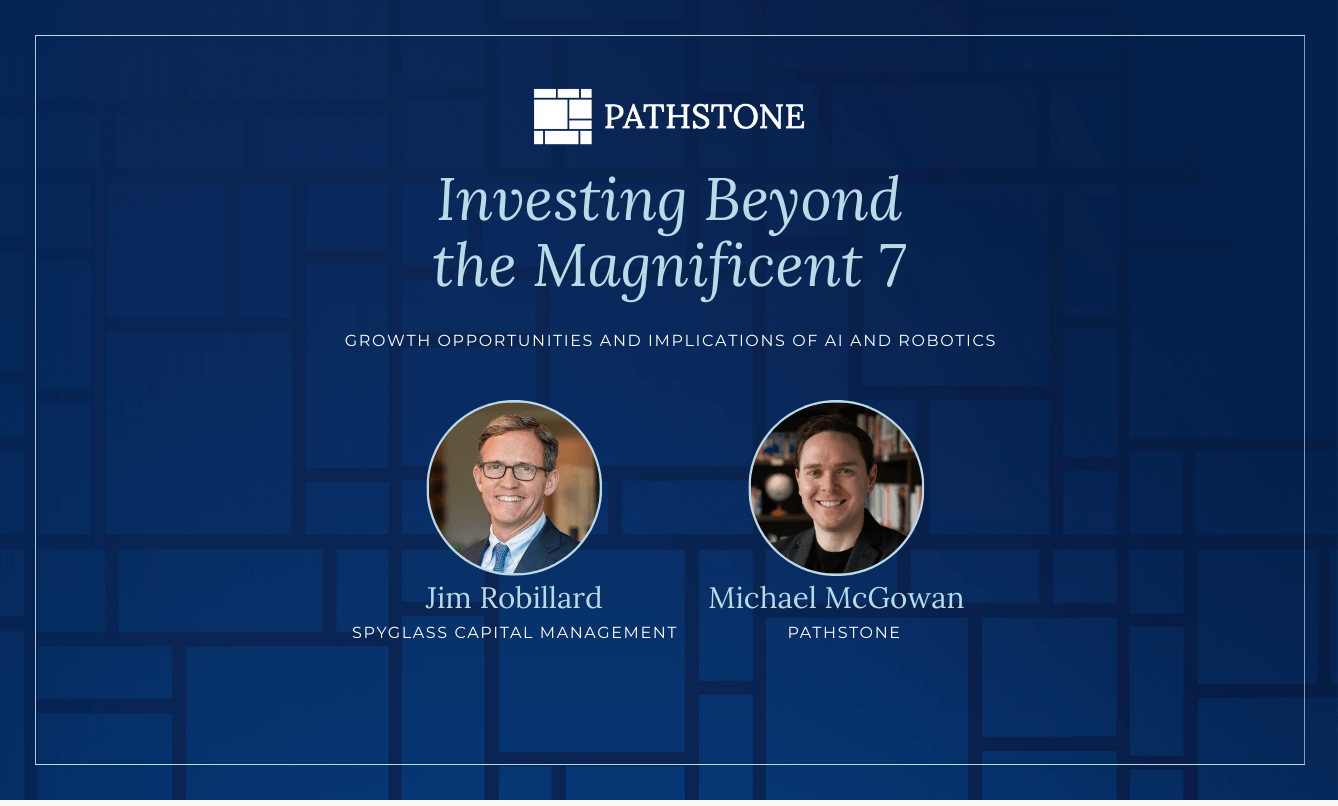The birds are chirping, the sun is shining longer, you planted a new garden, and your thoughts are turning to spring cleaning your finances… wait, what? Spring cleaning typically focuses on physical assets, such as the drapes, the carpets, and the kitchen drawers. However, you may find that tidying up and decluttering financial assets and digital information also brings joy and enhances your sense of well-being. This article highlights five boxes that you should check when pondering how to spring clean your financial goals.
1. Portfolio Objectives
Spring is a great time of year to dust off your long-term objectives and review your investment portfolio. Working with an advisor, these guidelines are often spelled out in an Investment Policy Statement designed to keep you on track to meet long-term goals. Were there major events that require an adjustment? Have your goals and dreams changed?
Take time to review your portfolio’s return objective, which can be as simple as covering expenses and cash outflows, keeping pace with inflation, and growing the portfolio in real terms. Give some thought as to the amount of risk in your portfolio. Does the fluctuation of the portfolio value keep you up at night? Have you been able to stomach the market gyrations and stay the course? Although risk is often associated only with the wide fluctuations in value, keep in mind there is also risk if you are not aggressive enough – your portfolio may lose ground to inflation if you allocate too much to cash and conservative fixed income.
During your next meeting with your advisor, confirm that the investment strategies in the portfolio are on track and expected to add value and that the fees are appropriate for the services that are delivered. Perhaps, like an old heirloom that has little sentimental value, there are stocks or mutual funds that you never got around to selling that you no longer need. Keep in mind that if you don’t love it, and you don’t want to sell it due to tax consequences, you can have a positive impact and enjoy tax benefits by gifting the assets to a charity, or to your own Donor Advised Fund.
2. Risk Management
Risk will often pop up as an unwelcome surprise. As you spring clean your finances, you should consider simple steps that might minimize surprises. Take steps to thwart computer viruses, account hacks, and identity theft. Do all your advisors share your confidential information with you and others via an encrypted platform? Do you regularly update your computer and your phone operating systems? Are you using an effective password management system, or at least using unique passwords and changing them periodically? Finally, if you are using an application such as Venmo to pay others, you might link this app to a credit card or to a bank account with a small cash balance, rather than linking to an account with a large amount of cash.
Spend part of your time on a sunny spring afternoon pondering the world of insurance, which is an effective risk management tool. Are your policies in line with your risks? Do you have or need an umbrella policy or insurance for identity theft?
3. Your Team
Give some thought to your team of experts as you continue your spring cleaning of your financial goals. Are your team members working together effectively to help you achieve your goals? Are there steps you can take that can help cut through the fog? Are all team members on the same page, or is there a way in which communications might be enhanced and “decluttered”?
4. Your Impact through Gifting
What legacy are you seeking to leave behind? Spring cleaning of financial goals should take time to focus on your charitable endeavors, as well your estate planning for your heirs. Do your charitable causes still resonate with your values? Are the dollars aligned with your intentions and the outcomes that you hope to achieve? Are you able to confirm that your estate planning is up to snuff? You might ask your advisor whether it is time for a review of your estate plan, given the potential changes on the horizon. How about those life insurance policies and your retirement accounts – are the correct beneficiaries listed?
5. Your Impact through Investing
Next, you may consider the impact you are having through your investment portfolio. Many investors seek to maximize their positive impact through thematic investing, through shareholder engagement, and by divesting companies that conflict with their investment policy and their values.
Thematic investing can better align an investment portfolio with an investor’s values while seeking attractive risk-adjusted returns and striving to amplify positive outcomes. Thematic investing seeks to take advantage of opportunities that result from major macroeconomic trends, such as global demographics, consumer preferences, advances within science and technology, advancing sustainable development, boosting efficiency, and lowering our carbon footprint.
Investors in stocks, as owners of companies, have a voice and a vote at annual shareholder meetings, both by voting and by supporting shareholder resolutions. As part of your spring cleaning, check to be sure your portfolio is voting proxies in a thoughtful manner, and consider whether you might be interested in pushing companies for positive change. Shareholder engagement allows you to encourage positive change by supporting resolutions at the annual meeting that line up with your areas of interest, such as ensuring reasonable executive compensation or enhancing the company’s evaluation of climate risk.
Investors uncomfortable with specific company or industry exposures can apply negative screens in a thoughtful manner. A study by McKinsey & Company noted that negative screening can be “essential for investors that wish to constrain risk. It entails excluding companies (or entire sectors or geographies) from a portfolio.” Negative screening is most effective when dialogue and engagement are not expected to bring about change. For example, a hospital endowment may exclude a tobacco stock since the company is unlikely to abandon the business of selling cigarettes across the globe.
Larry Fink, CEO of BlackRock, described how the firm was doing its own spring-cleaning by exiting from companies that produce thermal coal. According to Fink, “Thermal coal is significantly carbon-intensive, becoming less and less economically viable, and highly exposed to regulation because of its environmental impacts. With the acceleration of the global energy transition, we do not believe that the long-term economic or investment rationale justifies continued investment in this sector.”
Please see the PDF version of this article for important disclosures.







